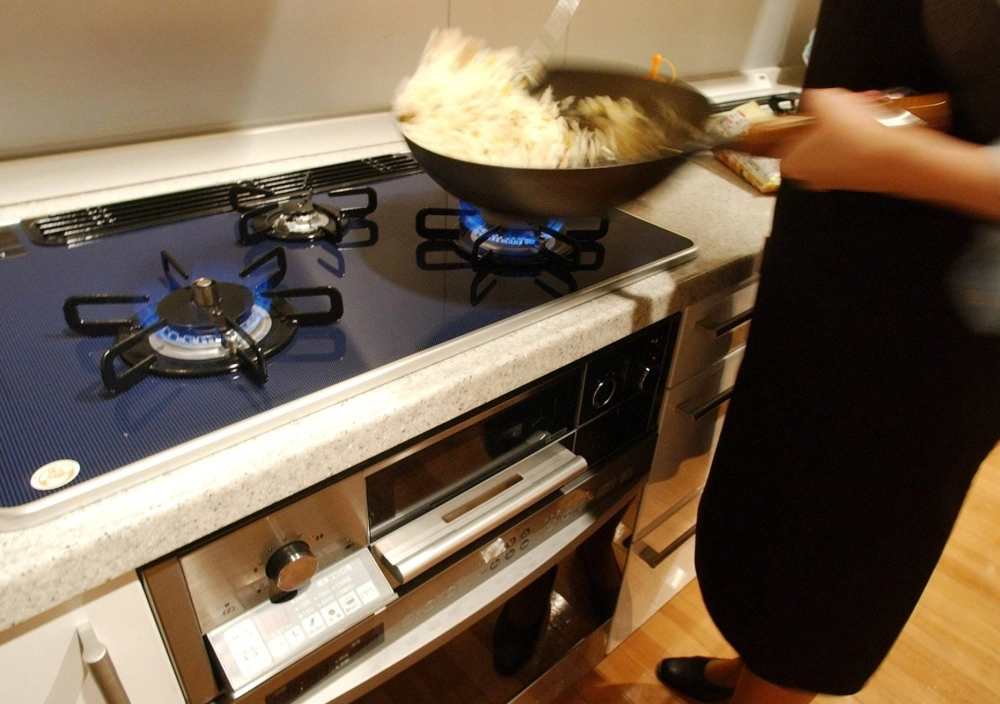As the new academic and fiscal year commences and many individuals venture into solo living in Japan, the National Institute of Technology and Evaluation (NITE) issued a comprehensive set of guidelines Tuesday to raise awareness on product safety and mitigate potential risks surrounding household appliances.
Microwave ovens, often a staple for those living alone, offer convenience in reheating meals and expediting cooking processes. However, NITE underscored the importance of caution, citing the potential hazards of ruptures or ignition when unsuitable items are heated, when the appliance is utilized in a dirty state or when overheated.
According to NITE, in November 2018 a woman in her 70s from Nara Prefecture experienced a microwave explosion when heating a dish containing a boiled egg, resulting in the appliance breaking.
















With your current subscription plan you can comment on stories. However, before writing your first comment, please create a display name in the Profile section of your subscriber account page.